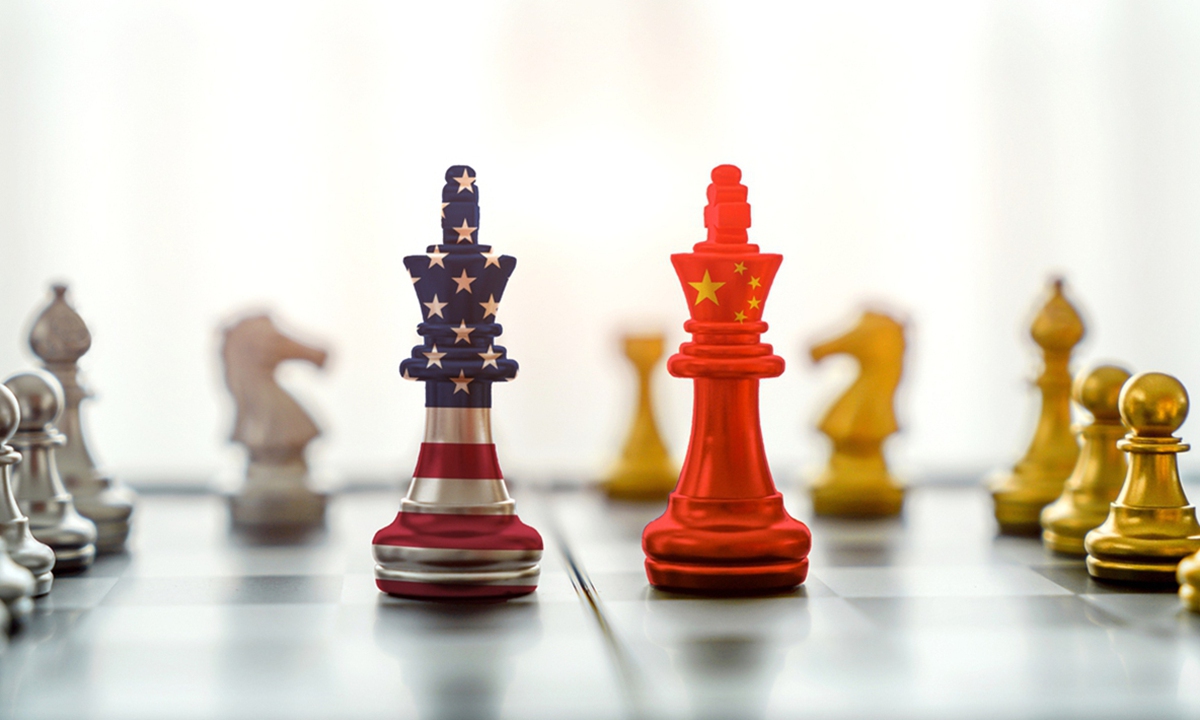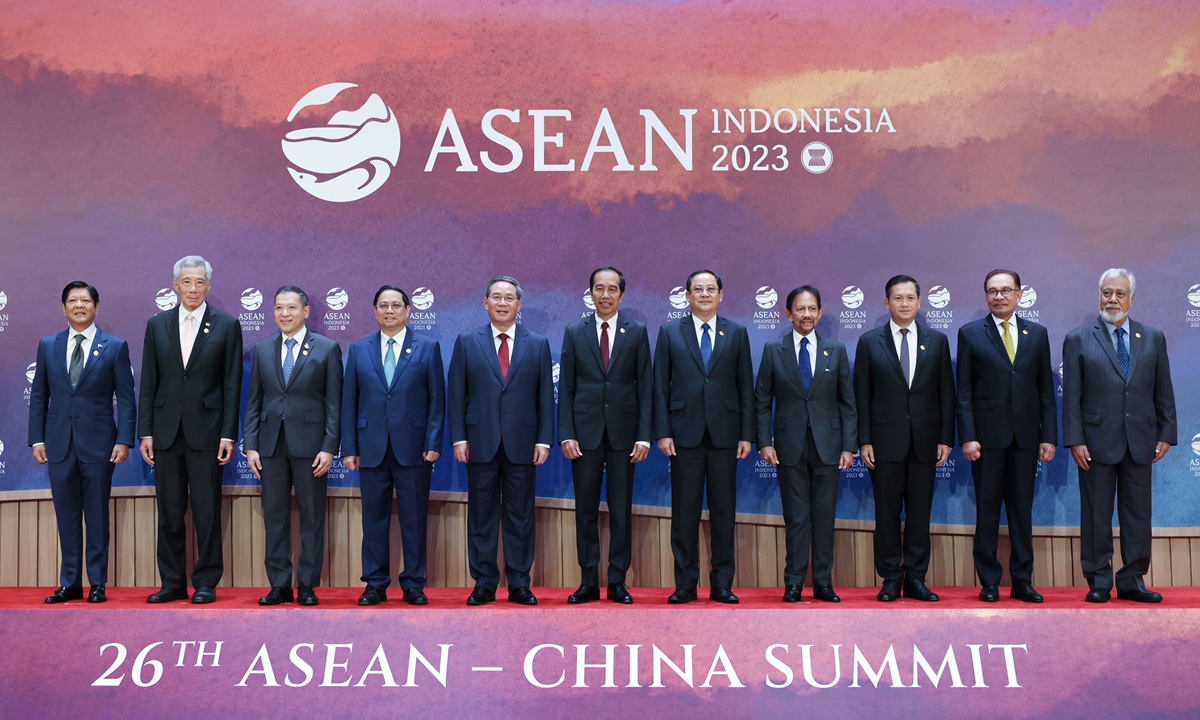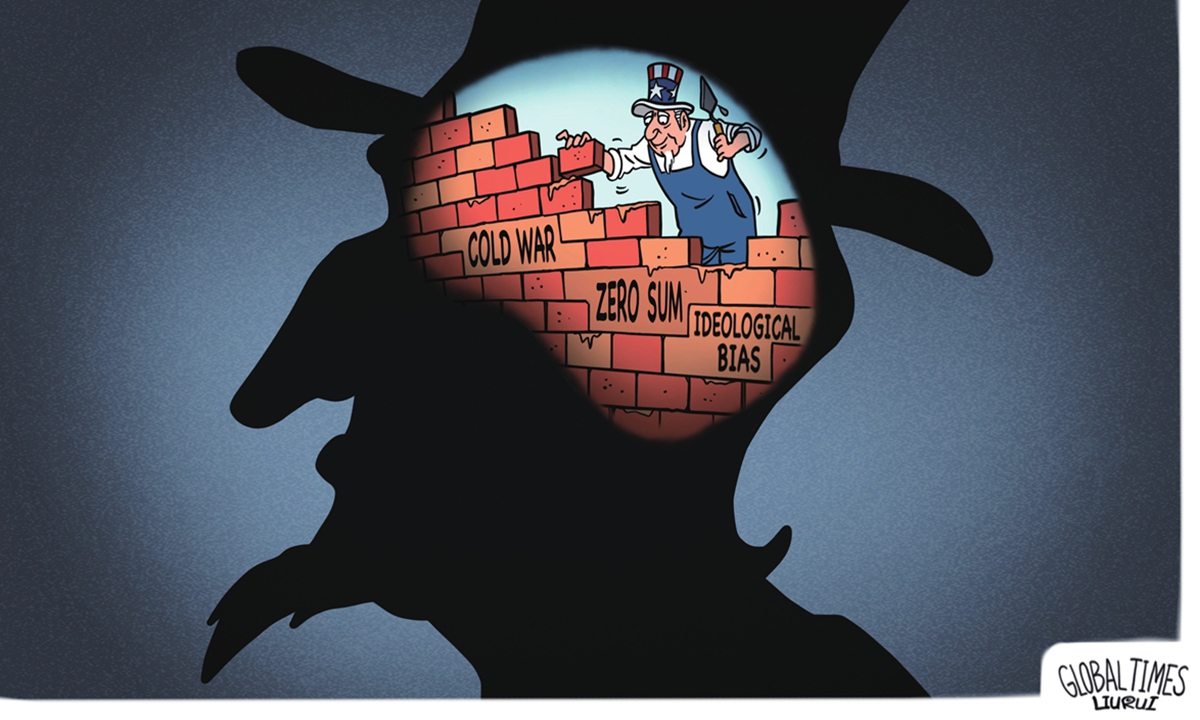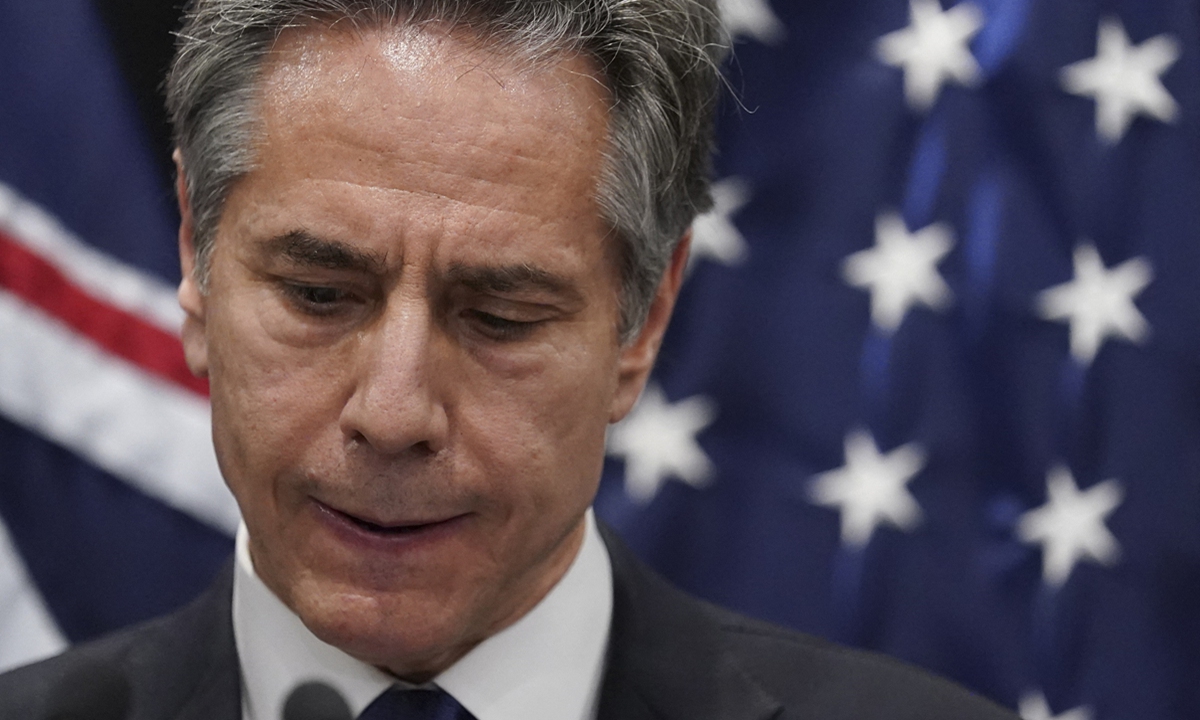
File Photo
Communication and understanding of people are important aspects that affect relations between countries. In recent years, as the US government has carried out all-round containment and suppression of China and launched comprehensive anti-China mobilization in the US, the American people's view of China has tended to become negative, and their favorability of China has dropped to a record low in decades. This will cause long-term damage to China-US relations. If the US government does not change its Cold War mentality and behavior, it will be difficult to reverse the public resentment between China and the US.
In the early days of the Cold War between the US and the Soviet Union, the US carried out systematic mobilization in various fields such as politics, economy, military, security, science and technology, and culture to fight against the socialist camp headed by the Soviet Union.
The core of the mobilization was to define the struggle between the two camps headed by the US and the Soviet Union as the struggle of the "free" world to resist and fight back against the "Communist" and "totalitarian" world. In this Cold War mobilization, the American political and social elites joined forces. The Congress, the State Department, the military, the intelligence agencies, and other institutions played a key role. Private media, Hollywood, universities, churches, business groups, foundations and other organizations also took part in conducting comprehensive anti-Soviet and anti-communist propaganda to American communities, families, as well as primary and secondary schools.
As the Cold War situation changed, in the early 1970s, the US government slowed down its domestic propaganda. However, the long-term and sustained anti-communist propaganda had shaped Americans' negative and hostile perceptions of the socialist camp as a whole. As a result, the US public support for the US government strengthened in competition and confrontation with the Soviet Union.
In recent years, the US government has launched the trade war, technological war, legal war and diplomatic war against China, provoking bloc political and ideological confrontations, and giving bilateral relations the characteristics of a "new cold war."
In order to contain and suppress China, the US government has implemented a national security strategy targeting China, and multiple agencies have been established, such as the China task force, to carry out policy coordination. The Congress passed a series of anti-China bills and established the House Select Committee on Strategic Competition between the United States and the Chinese Communist Party. Liberal and conservative think tanks have released various anti-China reports, and the media have comprehensively vilified China, which has had a great negative impact on bilateral relations.
In order to mobilize the people and society to act against China, the US government has carried out systematic anti-China propaganda. When Donald Trump was in office, he often attacked and discredited China through extreme remarks. Some senior hawkish officials and Congressmen tried their best to stage anti-China performances, and intelligence agencies and some think tank experts wantonly produced and disseminated disinformation about China. Through their "relentless efforts," China has been labeled by the US as engaging in "unfair trade practices," "stealing intellectual property rights," "genocide," "bullying neighboring countries," "authoritarian and totalitarian" and "coercing the island of Taiwan." These stigmatizing attacks on China are then spread to the whole public through American television, radio, newspapers, the internet, social media, and so on.
At the same time, the US is blocking voices from China in the country. Chinese journalists stationed in the US, the Confucius Institutes at American universities, people friendly to China, and relevant social media accounts have been labeled as "suppressing academic freedom," "infiltrating into the US" and thus been suppressed and blocked. With the tight information cocoon carefully woven by the US government, the image of China in the eyes of the American people has been severely distorted, and the negative perception of China has been continuously strengthened.
China insists on deepening reform, expanding high-level opening-up and adhering to the path of peaceful development, as well as adhering to a common, comprehensive, cooperative and sustainable security concept. It does not export ideology or engage in military expansion. It opposes bloc politics and camp confrontation, and has no intention to fight with the US in a "new cold war." On the one hand, although the Joe Biden administration expressed its willingness to engage in dialogue with China and emphasized that it would not engage in a "new cold war" with China, in its actions, it woos its allies and partners, resorts to "decoupling" and "de-risking," and engages in military containment and infiltration.
If the Biden administration is really unwilling to engage in a "new cold war," it should have stopped its anti-China mobilization. The US has entered a new election cycle. The US government has the responsibility to use pragmatic and rational voices to offset the impact of the anti-China rhetoric in the country. If the anti-China noises of extreme politicians are allowed to overwhelm public opinion, it will cause serious consequences that the entire world could not bear.
The author is deputy director and a research fellow of the Institute of American Studies, the China Institutes of Contemporary International Relations. opinion@globaltimes.com.cn



